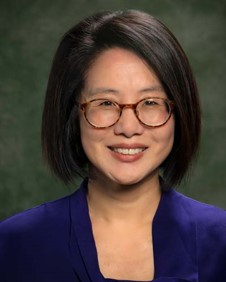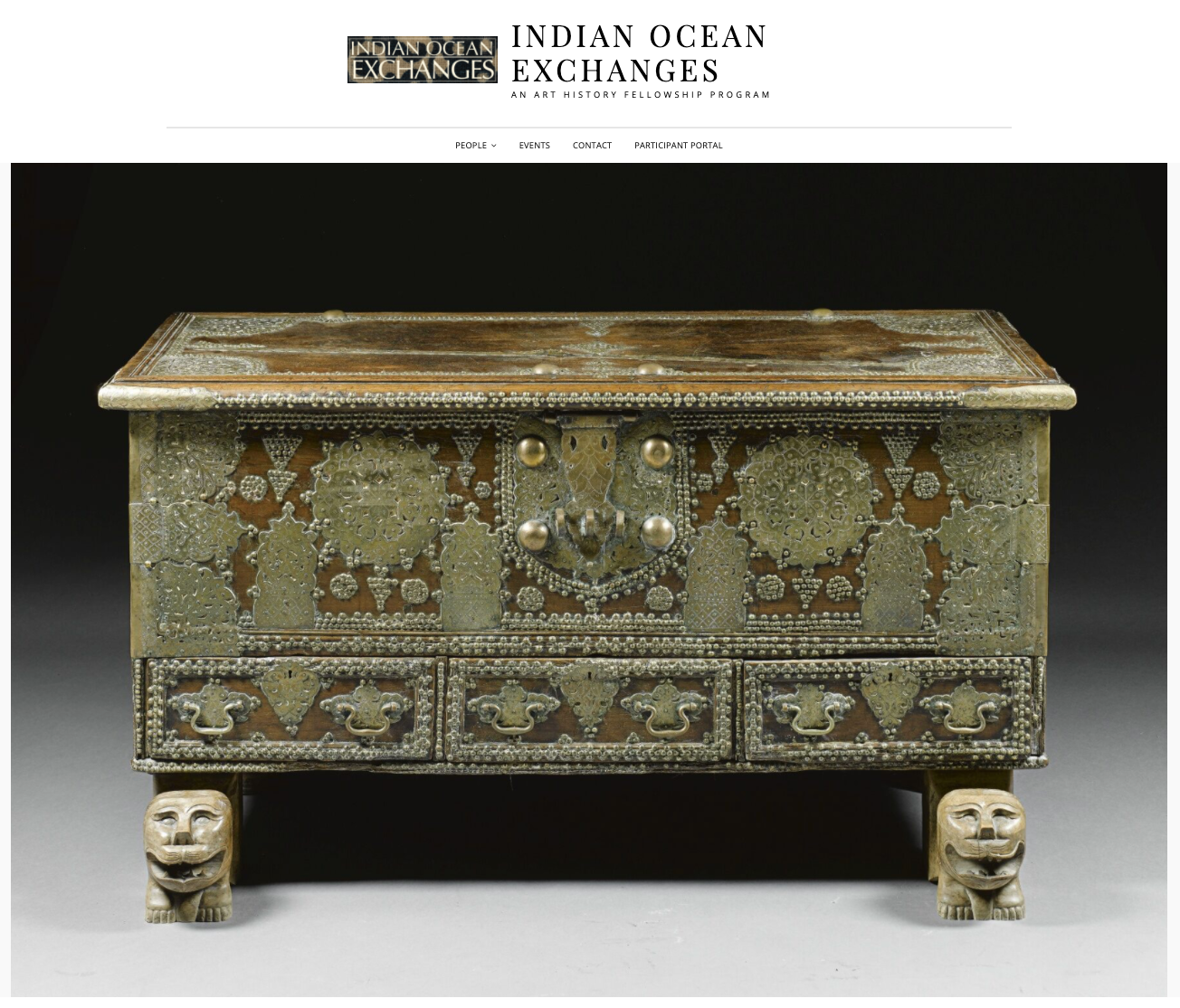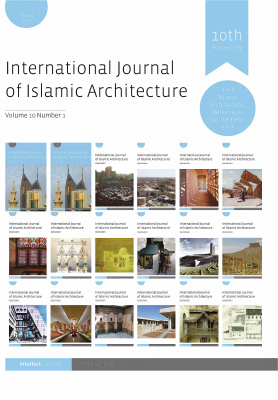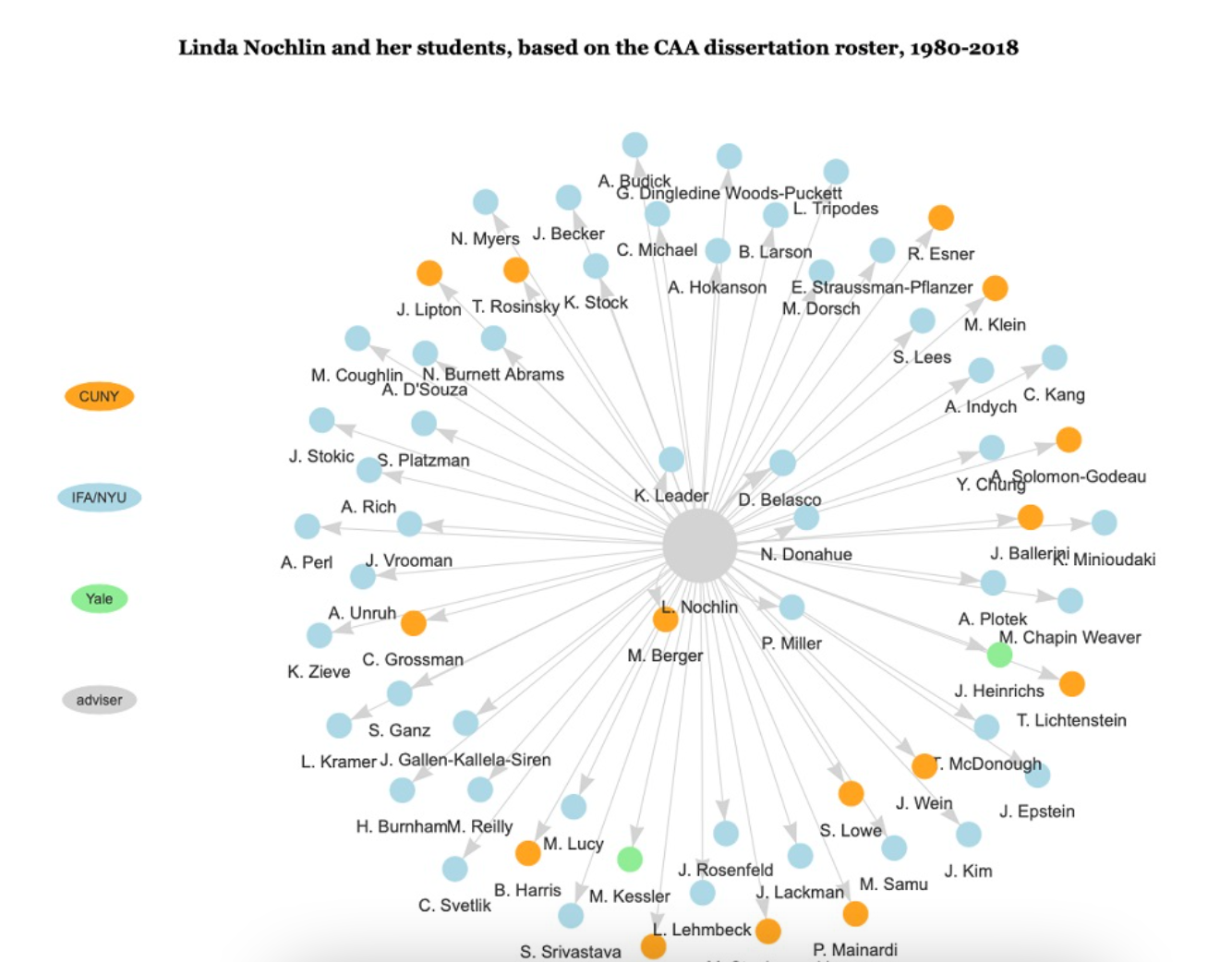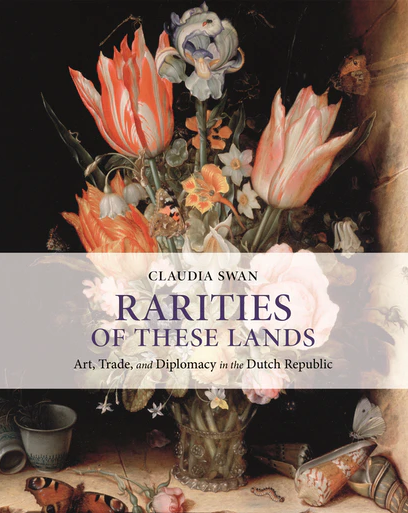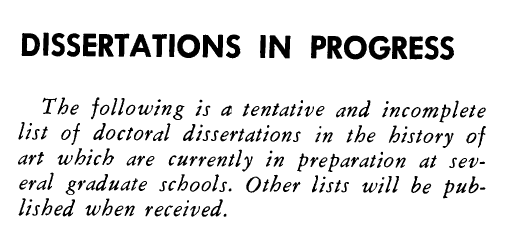“Grounded by a Set of Relations”: Nancy Um on “Horizontal” Cultures within Art History
“It’s interesting to think about the reconfiguration of who one is, based on the exigencies of the research.”
In this episode
Caro Fowler speaks with Nancy Um, professor of art history at Binghamton University in New York State, whose research explores the Islamic world from the perspective of the coast, with a focus on material, visual, and built culture on the Arabian Peninsula and around the rims of the Red Sea and Indian Ocean. Nancy describes her experience of conducting fieldwork in Yemen, particularly as a young female scholar, and reflects on the constraints of focusing on an area marked by geopolitical instability. She recounts her decision to focus on bodies of water instead of territories, and how this approach destabilizes some of the traditional organizing principles of the discipline, but allows her to pursue global art history on a local scale. Finally, she considers digital art history as a cite of access, and as part of a dynamic approach to her own work changing over time.
Transcript
Nancy Um is a professor of art history and associate dean for faculty development and inclusion at Harpur College of Arts and Sciences at Binghamton University in New York. She is the principal investigator and organizer of the art history fellowship program Indian Ocean Exchanges, funded by the Getty Foundation. She is the author of The Merchant Houses of Mocha: Trade and Architecture in an Indian Ocean Port (University of Washington Press, 2009) and Shipped but not Sold: Material Culture and the Social Order of Trade during Yemen's Age of Coffee (University of Hawai’i Press, 2017), and her articles have appeared in the Journal of the Society of Architectural Historians, African Arts, Northeast African Studies, Journal of Early Modern History, Genre: Forms of Discourse and Culture, Art History, and Getty Research Journal. Um has received research fellowships from the Fulbright program, the National Endowment for the Humanities, the Getty Foundation, and the American Institute for Yemeni Studies.
This conversation was recorded on June 11, 2021.
